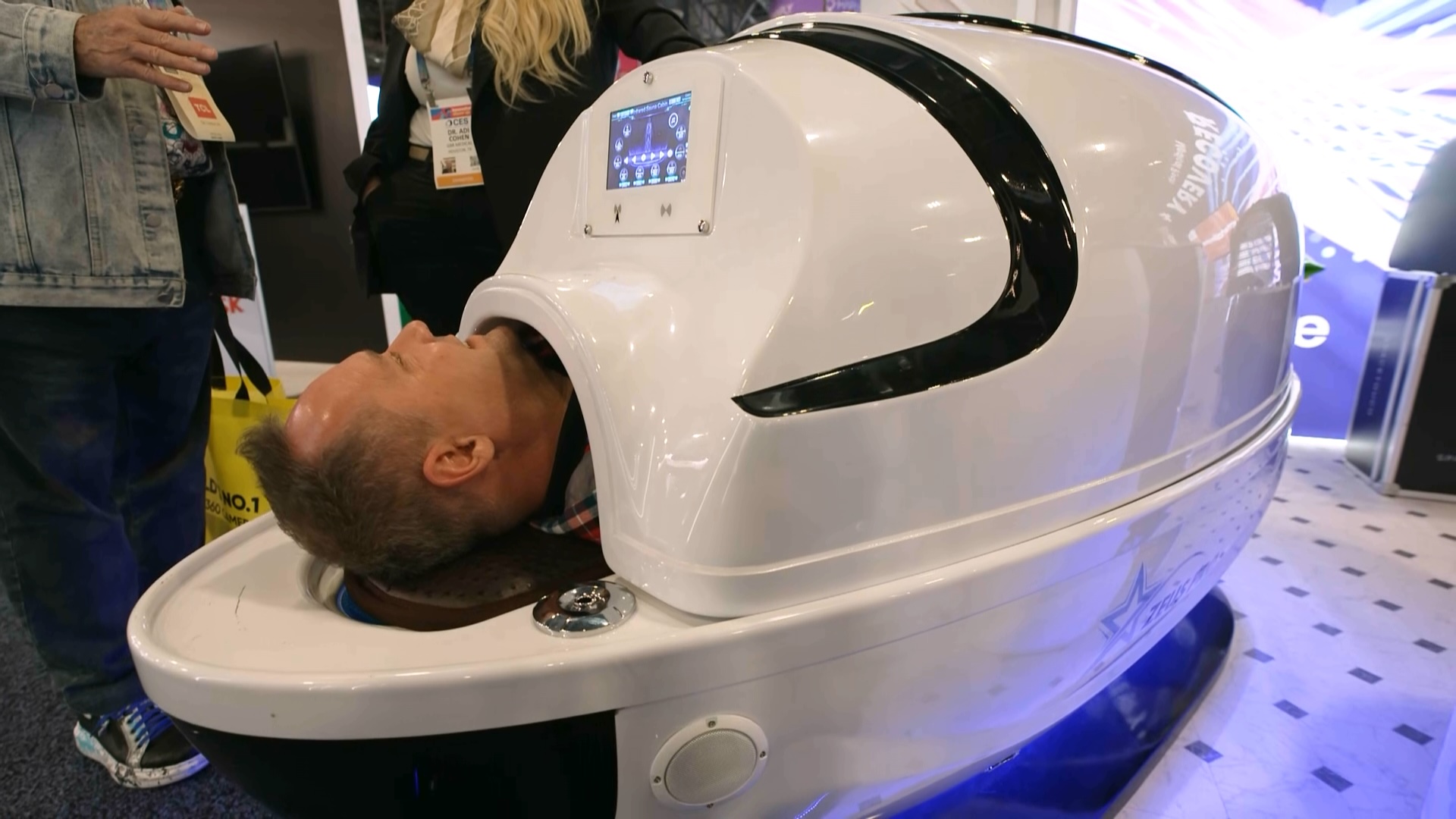Germaphobes, beware. The FDA now says ingredients in antibacterial soaps might not help in your war against germs.
"The agency found there is absolutely no evidence that the germ-killing hand soaps and body washes are more effective than regular soap and water in preventing illness and infection." (Via Fox Business)
But wait, there's more. Not only are antibacterial ingredients like triclosan not the super cleaners we all thought, they might actually hurt you. (Via WBBH)
"The Food and Drug Administration's ruling on triclosan and other antibacterial ingredients lends new support to long-standing warnings from scientists who say the chemicals could interfere with hormone levels." (Via WGGB)
Triclosan is found in everything from soap to body wash to toothpaste. Discovery adds another layer of caution:
"It's not just side effects from exposure you should be worried about but the creation of super bacteria. If you kill off 99.9 percent of all bacteria, the .01 percent that survives is super strong. And it replicates."
Triclosan has gotten attention for environmental concerns as well after it was found in several dozen U.S. streams — the result of it swirling down sinks and shower drains. (Via EPA)
On Monday, the FDA proposed a ruling that manufacturers would have to prove their anti-bacterial products are more effective than soap and water with clinical evidence. (Via KUTV)
"If they can't, those companies would have to reformulate them, re-label them or possibly remove them from the market." (Via WTVG)
Hand sanitizers, wipes and products that don't require water won't be part of the regulation.
Companies can respond to the proposal for six months before it would be enacted. The ruling could potentially affect more than 2,000 U.S. products.










